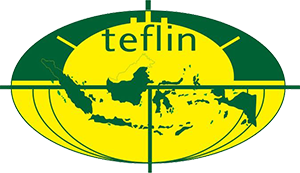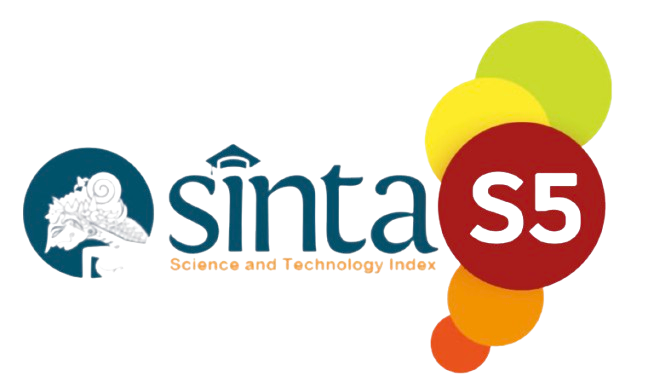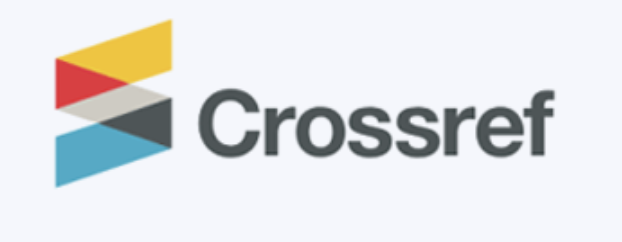Encouraging Student Question-Asking in Primary Classrooms: Teachers’ Strategies, Behaviors, and Assessment Techniques
DOI:
https://doi.org/10.52217/ijlhe.v8i1.1814Keywords:
Assessment Techniques, Classroom Behaviors, Question-Asking, Strategies, Verbal EncouragementAbstract
This qualitative study explores the strategies, assessment techniques, and classroom behaviors that primary school teachers employ to encourage student question-asking, a critical component of active and meaningful learning. Drawing on semi-structured interviews with nine classroom teachers selected via purposive sampling, the study adopts a phenomenological approach to understand how educators foster inquiry in their daily practices. The findings reveal ten key themes that reflect teacher efforts to promote question-asking, including encouraging active participation, addressing diverse learning styles, enabling students to formulate their own questions, and overcoming student shyness. Teachers reported using visual aids, storytelling, group discussions, drama, peer questioning, and feedback techniques tailored to individual learners. Additionally, teacher behaviors—such as verbal encouragement, maintaining eye contact, and empathetic listening—were found to cultivate supportive learning environments conducive to curiosity and self-expression. The study concludes that student questioning is influenced by the alignment of instructional strategies with students’ cognitive and affective needs. It recommends sustained professional development focused on inquiry-based pedagogy to expand students’ questioning capacities and support the formation of democratic, student-centered classrooms.
References
Chen, Y.-C., Hand, B., & Norton-Meier, L. (2017). Teacher Roles of Questioning in Early Elementary Science Classrooms: A Framework Promoting Student Cognitive Complexities in Argumentation. Research in Science Education, 47(2), 373–405. https://doi.org/10.1007/s11165-015-9506-6
Dogan, F., & Yucel-Toy, B. (2022). Students’ question asking process: a model based on the perceptions of elementary school students and teachers. Asia Pacific Journal of Education, 42(4), 786–801. https://doi.org/10.1080/02188791.2021.1873104
Eshach, H., Dor-Ziderman, Y., & Yefroimsky, Y. (2014). Question Asking in the Science Classroom: Teacher Attitudes and Practices. Journal of Science Education and Technology, 23(1), 67–81. https://doi.org/10.1007/s10956-013-9451-y
Hamilton, A. B., & Finley, E. P. (2019). Qualitative methods in implementation research: An introduction. Psychiatry Research, 280, 112516. https://doi.org/10.1016/j.psychres.2019.112516
Hastomo, T., Sari, A. S., Widiati, U., Ivone, F. M., Zen, E. L., & Andianto, A. (2025). Exploring EFL Teachers’ Strategies in Employing AI Chatbots in Writing Instruction to Enhance Student Engagement. World Journal of English Language, 15(7), 93–102. https://doi.org/10.5430/wjel.v15n7p93
İnönü, G. N., & Demircan, H. Ö. (2023). Questioning as an instructional method: Exploring beliefs and reported practices of early childhood educators. Teaching and Teacher Education, 135, 104351. https://doi.org/10.1016/j.tate.2023.104351
Mandasari, B., Basthomi, Y., Hastomo, T., Afrianto, Hamzah, I., & Aminatun, D. (2025). The Snapshots of Indonesian Pre-Service English Teachers’ Perspectives on Integrating Technology-Based Tools to Rural Schools. Voices of English Language Education Society, 9(1), 42–57. https://doi.org/10.29408/veles.v9i1.27965
Soysal, Y., & Soysal, S. (2023). The Art of Asking Good Questions in the Classroom: A Phenomenographic Study of Teacher Educators’ Recommendations. ECNU Review of Education. https://doi.org/10.1177/20965311231210008
Soysal, Y., & Soysal, S. (2024). Exploring Prospective Classroom Teacher Question Types for Productive Classroom Dialogue. ECNU Review of Education, 7(4), 1054–1088. https://doi.org/10.1177/20965311221109283
Stokhof, H. J. M., De Vries, B., Martens, R. L., & Bastiaens, T. J. (2017). How to guide effective student questioning: a review of teacher guidance in primary education. Review of Education, 5(2), 123–165. https://doi.org/10.1002/rev3.3089
Tay, H. Y., Kee, K. N. N., & Hui, S. K. F. (2019). Effective questioning and feedback for learners with autism in an inclusive classroom. Cogent Education, 6(1). https://doi.org/10.1080/2331186X.2019.1634920
Wang, A., Chai, C. S., & Hairon, S. (2017). Exploring the impact of teacher experience on questioning techniques in a Knowledge Building classroom. Journal of Computers in Education, 4(1), 27–42. https://doi.org/10.1007/s40692-016-0057-2
Wu, L., Liu, Y., How, M.-L., & He, S. (2023). Investigating Student-Generated Questioning in a Technology-Enabled Elementary Science Classroom: A Case Study. Education Sciences, 13(2), 158. https://doi.org/10.3390/educsci13020158














